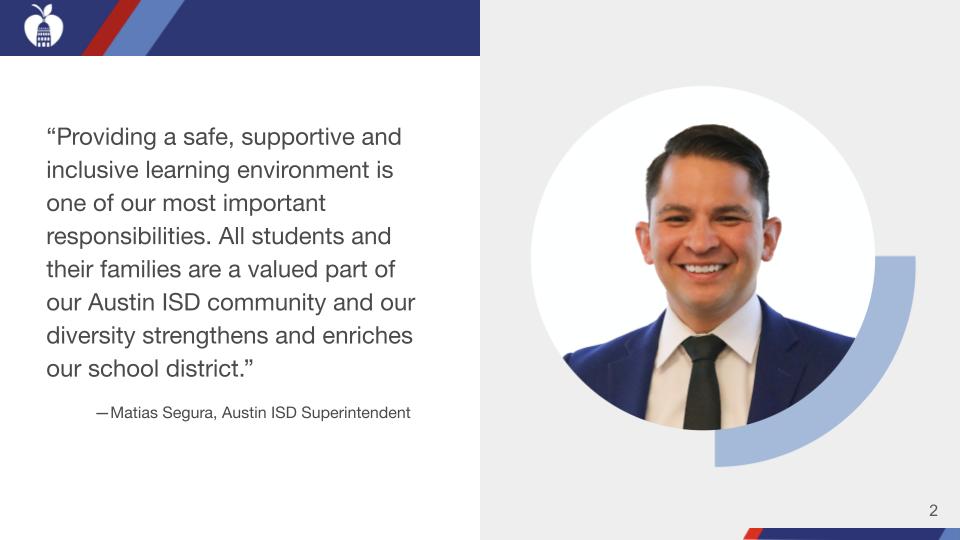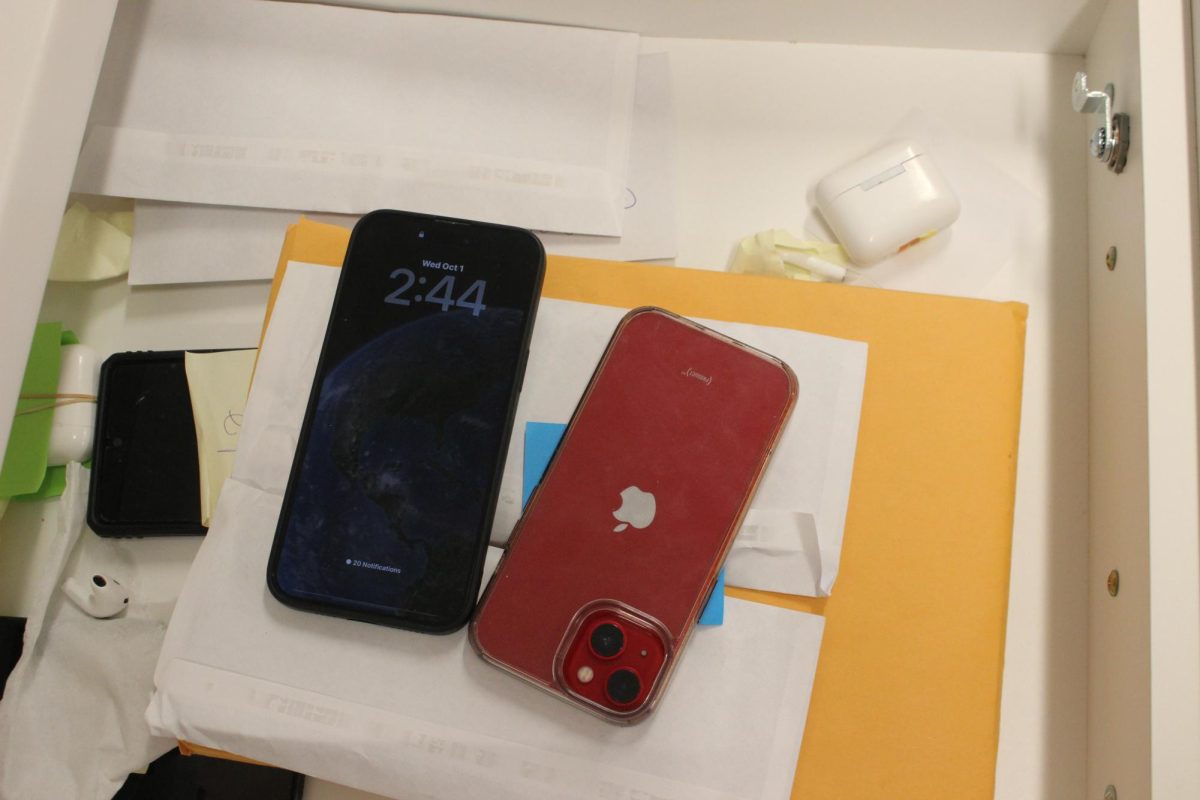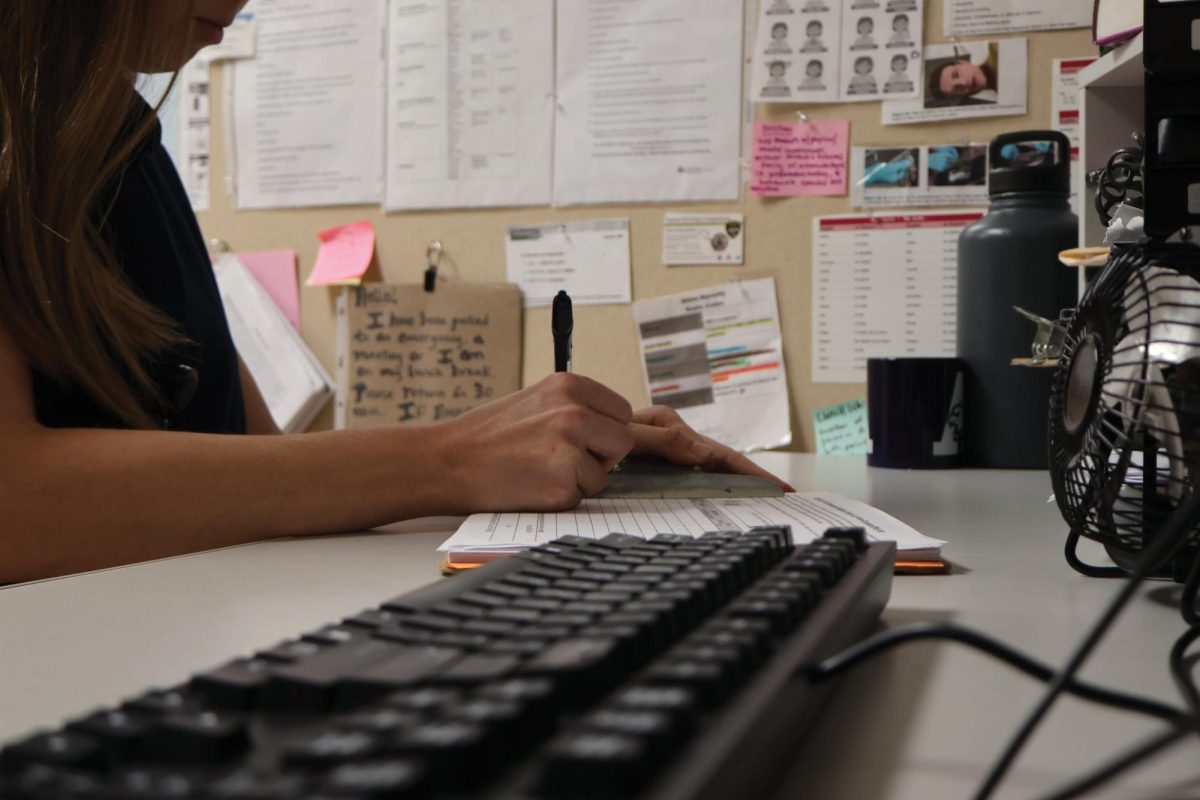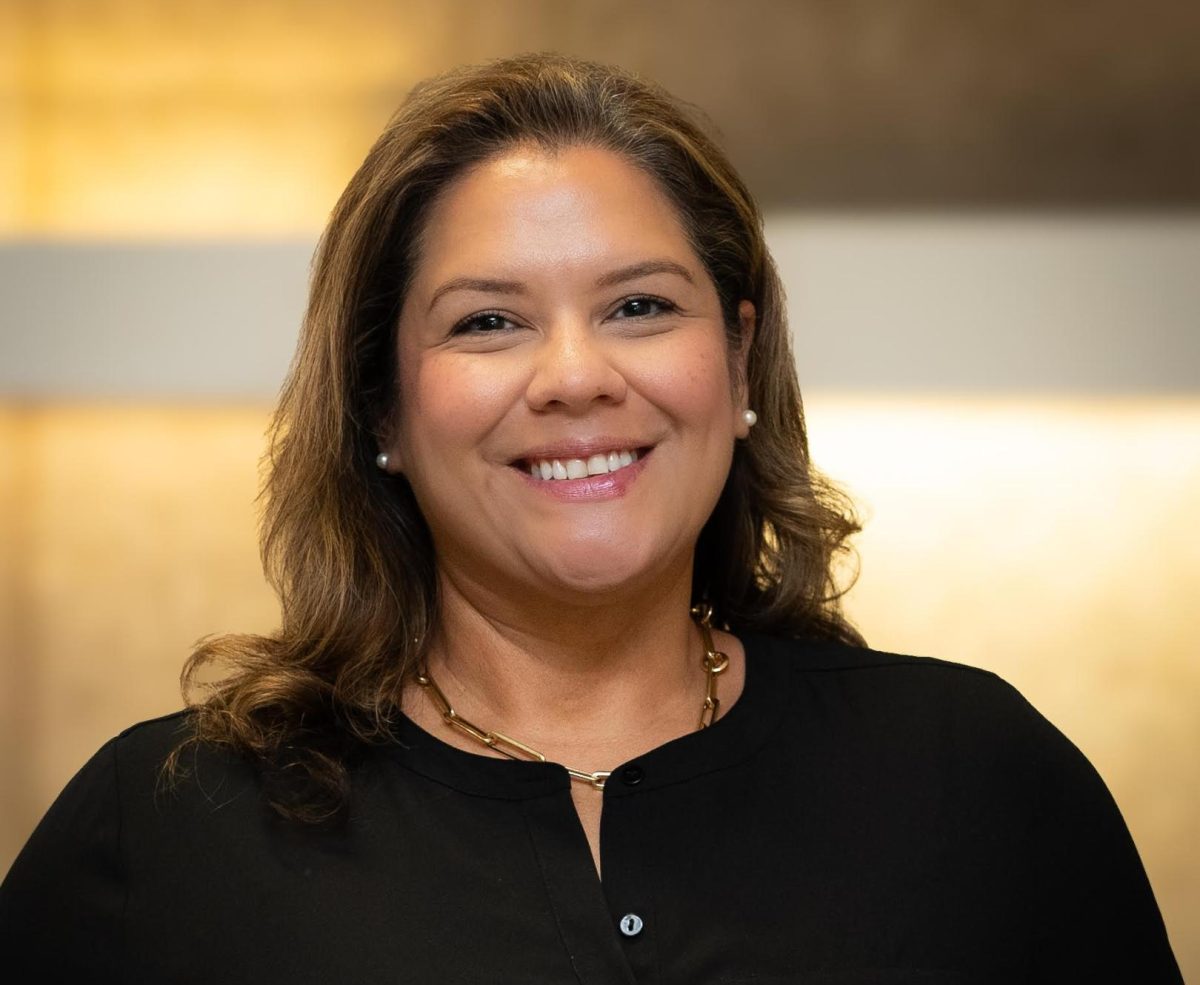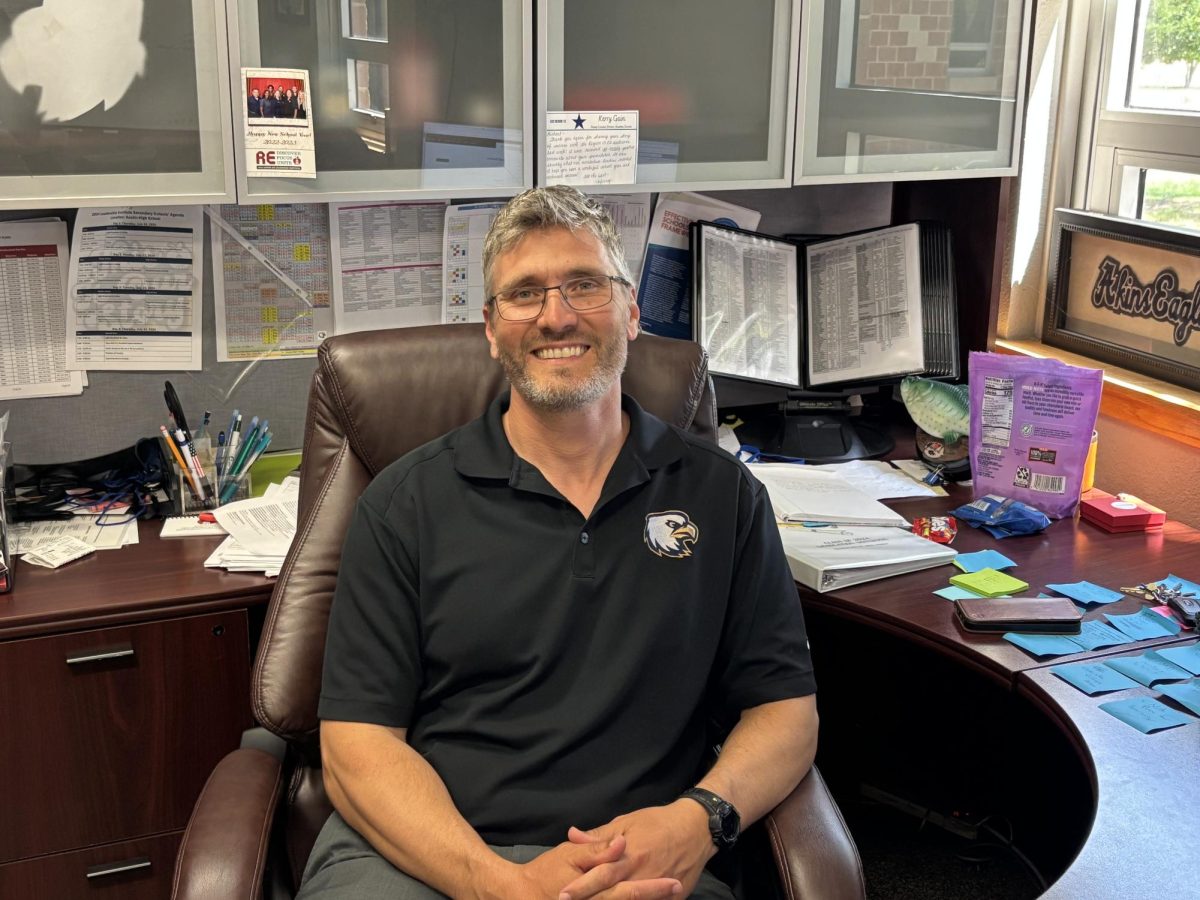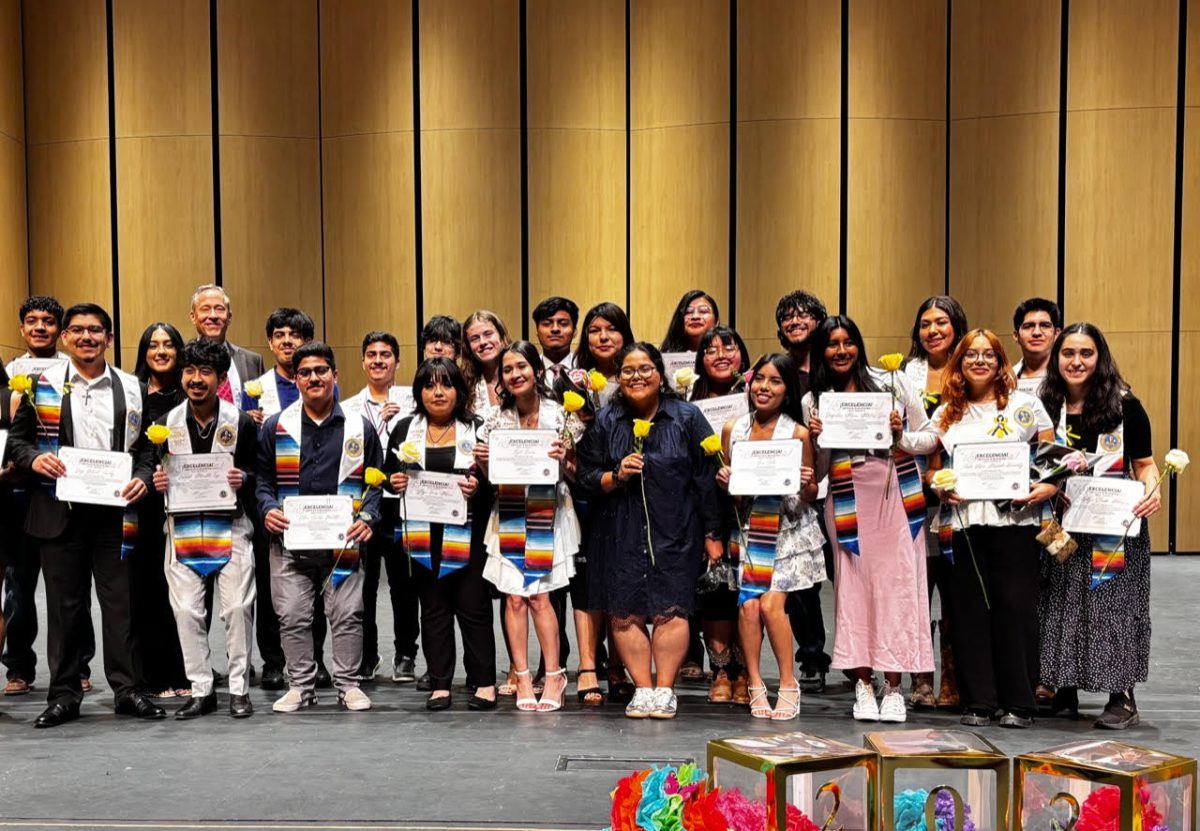On January 20, the amount of speculation about potential raids by U.S. Immigration Customs Enforcement police rose sharply along with the inauguration of Donald Trump as president of the United States of America.
Trump made “mass deportations” a central theme of his campaign for president, making it an issue closely watched by undocumented immigrants in the United States and those who live and work with them. The immigrant community has been on high alert for raids that they expect to happen at any moment, driving some into hiding to avoid deportation.
As of February, there have been many news reports and videos about ICE raids all across the country. Some are real and some are just rumors that are flying around wildly.
One aspect that has alarmed educators and students is that Trump signed an Executive Order that repeals a prohibition on ICE officers from entering schools and churches to arrest suspects, ending a policy that has been in place since 2011. This prompted school leaders across the country to publish statements of support and reassurance to their communities, including Austin ISD Superintendent Matias Segura.
“We recognize the emotional toll that recent news cycles may be taking on our students, families, and staff,” Segura wrote in a public statement on the district website. “For many in our community, these are not just policy discussions, but deeply personal issues that can create uncertainty and fear.”
Austin ISD created a Frequently Asked Questions web-page to help answer questions from students, staff and parents, including guidance for navigating difficult topics with students and adults, as well as resources for how to respond to various situations that may arise. During a staff professional development day, Austin ISD staff asked the district’s general counsel questions about what they are allowed to do to protect students and their family members.
The Eagle’s Eye interviewed Austin-area students and teachers to ask them about their concerns.
Students said they are scared of the possibility of an ICE officer who would wait outside of school to detain them.
“It’s scary because what if you’re walking out after school and someone says, “No, they’re gonna get you, and you get taken away?,” said a student from Venezuela.
Despite the fear of agents showing up at schools, Austin ISD officials said they would only cooperate with ICE after administrators and district lawyers verify a valid warrant for arrest.
A student from Mexico said their biggest fear is being separated from their family members. They said their parents stop them from going out to public places.
“I think I won’t be allowed to go out as much, like to stores and stuff like that,” they said.
The student from Venezuela said they are trying different things to keep a positive mindset.
“I just distract myself by playing or conversing, and just distracting myself, and the thought eventually goes away,” they said.
They also shared that in the midst of fear in their community, all they can really do is move forward and go on with their daily lives.
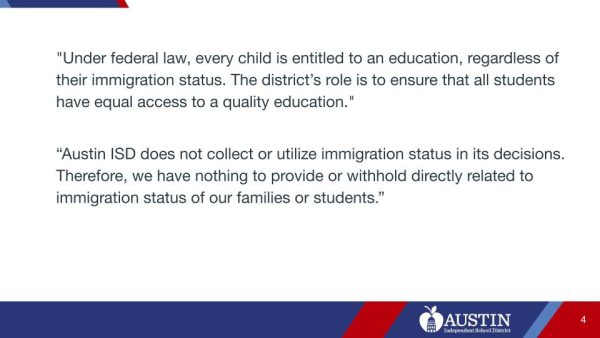
The Venezuelan student said they hoped that teachers would talk to them about their concerns.
“There are kids that are too afraid to say anything, but they need help, too,” they said. “Also, schools could provide more information on what to do in case of an emergency, so we don’t feel lost or alone. (Students are) just shy in general and timid and teachers should take the initiative to say that if they need anyone to talk to they’re there for them.”
A teacher reflected on whether student behavior had changed because of deportation concerns.
“Kids who don’t want to come to class don’t come to class — like, they weren’t coming already,” they said. “In some ways, I wonder if it’s because my Spanish isn’t high enough to really have good conversations with them.”
Austin ISD has issued guidance to teachers that they should not distribute “Know Your Rights” information to students in their classrooms, frustrating some teachers who want to do more to protect their students. However, the district has said that schools can provide such information on information tables in the front office and on public bulletin boards.
However, there are some students distributing information cards to other students on campus with information provided by organizations such as the American Civil Liberties Union.
The teacher said he recommends that students educate themselves on their legal rights.
“I used to teach government for ACC, and I used to say, ‘It’s the most American thing to say, No, I’m not gonna talk unless I have an attorney.’ I mean, that’s what the Fifth Amendment is all about. ‘No, I will not talk’ because we might say the wrong thing, or we might answer a question we don’t need to. That’s why they sit there and say, ‘Don’t answer that,’ because they know. Don’t talk to anybody who wants to ask you questions about your status or anything. If they have a badge and they want to talk, not without a lawyer. Doesn’t matter what it is.”
In 1982, the U.S. Supreme Court ruled in Plyer v. Doe that all children, regardless of immigration status, have a constitutional right to a free public education from kindergarten to 12th grade. The case grew out of a 1977 attempt by the Tyler Independent School District in Texas to remove the children of undocumented workers – farmhands, for the most part – from the school system by imposing tuition of as much as $1,000 per student to attend public schools.
The teacher said they think other teachers should focus on treating their students as people no matter what their immigration status is.
“My only thought would be to treat people as people because that’s what we are. It doesn’t matter if you’re born on this side of an imaginary line or that side — whatever. We’re all still people. You can be kind to people — it doesn’t matter. Our job here is to educate, not to ask all these other questions. It’s just to teach people and treat people like people. I’ve seen it in other schools, and I’ve seen it here — teachers who don’t treat students as people, you know, kids don’t like them. I mean, it’s obvious. Be a human to other humans.”

